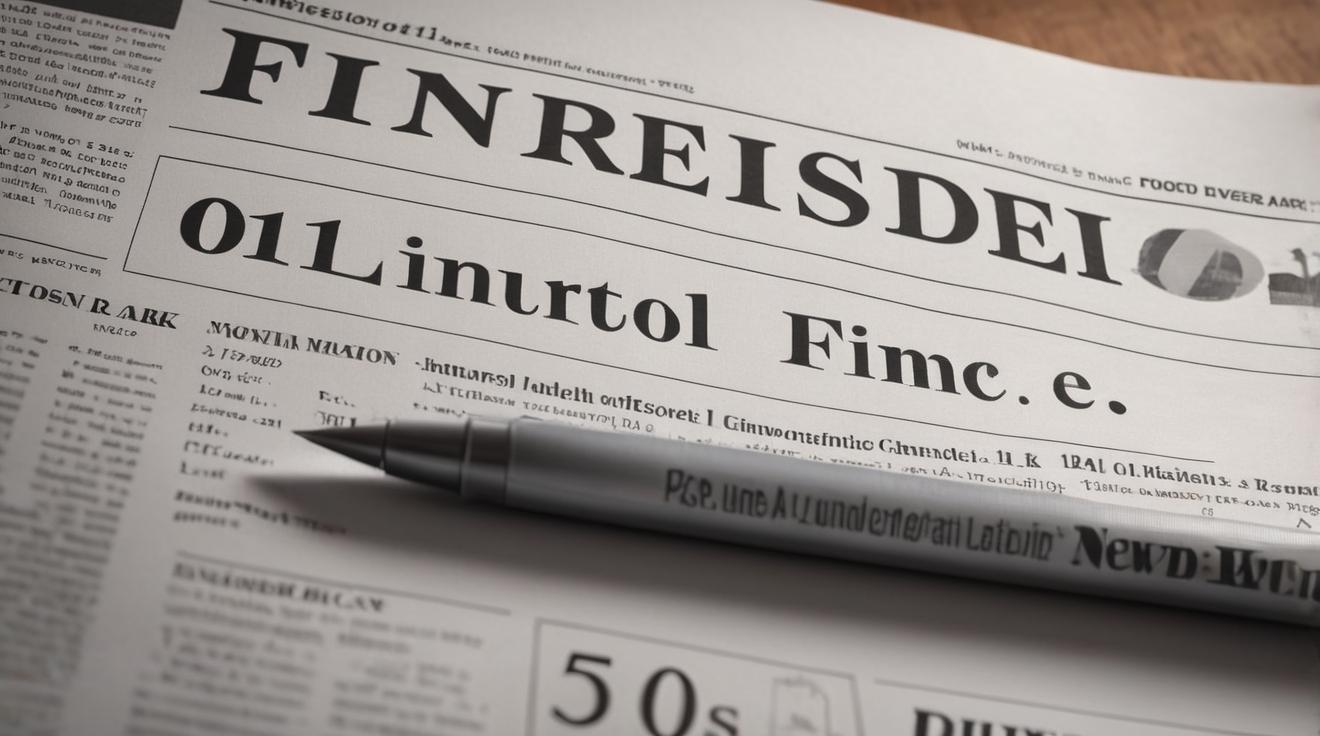UK Investment Lags Behind Other G7 Countries for Decades
Investment by UK companies has been falling behind other major economies since the mid-1990s. According to the Institute for Public Policy Research (IPPR), the latest data from 2022 revealed that private company investment in the UK was the lowest among all G7 countries. This marks the third consecutive year the UK has been at the bottom.
Underperforming UK Companies
The IPPR analysis found that the UK ranked 28th for business investment out of 31 OECD countries. Countries like Slovenia, Latvia, and Hungary have higher levels of investment in relation to their economies. This includes spending on factories, equipment, and technology. Among the G7, which includes the UK, US, France, Germany, Italy, Japan, and Canada, the UK has consistently performed the worst in terms of private investment.
Low Public and Private Investment
The IPPR blames this poor performance chiefly on the lack of spending on technology and innovation by UK companies over the past three decades. Public sector investment has also been below the G7 average, contributing to the UK's poor productivity and economic growth.
Investment Levels and Economic Benefits
According to a report by the National Infrastructure Commission, if the UK invested about £30 billion a year from taxpayers and an additional £40-50 billion from the private sector, it could result in savings of at least £1,000 per household per year. This would also boost economic productivity and improve the overall quality of life.
Comparison with France
The IPPR report highlights the differing investment trajectories of the UK and France. In 2005, both countries had similar business investment levels, around 11.35% of GDP. By 2022, France's investment grew by 3.4 percentage points, whereas the UK's declined by nearly 1 percentage point.
Political Implications and Future
The thinktank expressed concerns over expected cuts to public investment regardless of the general election outcome. Labour plans to reduce budgets less than the Conservatives, but even their additional £4.7 billion per year won’t stop an overall decline in investment.
Historical Context
The turning point in the UK's investment trend was after the early 1990s recession, followed by a severe property crash and Black Wednesday, when Britain exited the EU’s exchange rate mechanism. Since then, UK's private sector investment has lagged behind every G7 country except for three out of the last 24 years.
Recommendations for the Future
The IPPR suggests that the next UK government should take the lead by delivering high-quality public investments to attract private sector funds, particularly in future-oriented industries such as electric vehicles and renewable energy. Public sector investments in education, infrastructure, and healthcare are also deemed essential to create the right conditions for long-term growth.
By focusing on these strategies, the UK can hope to improve its economic standing and productivity, ultimately benefiting all its citizens.













